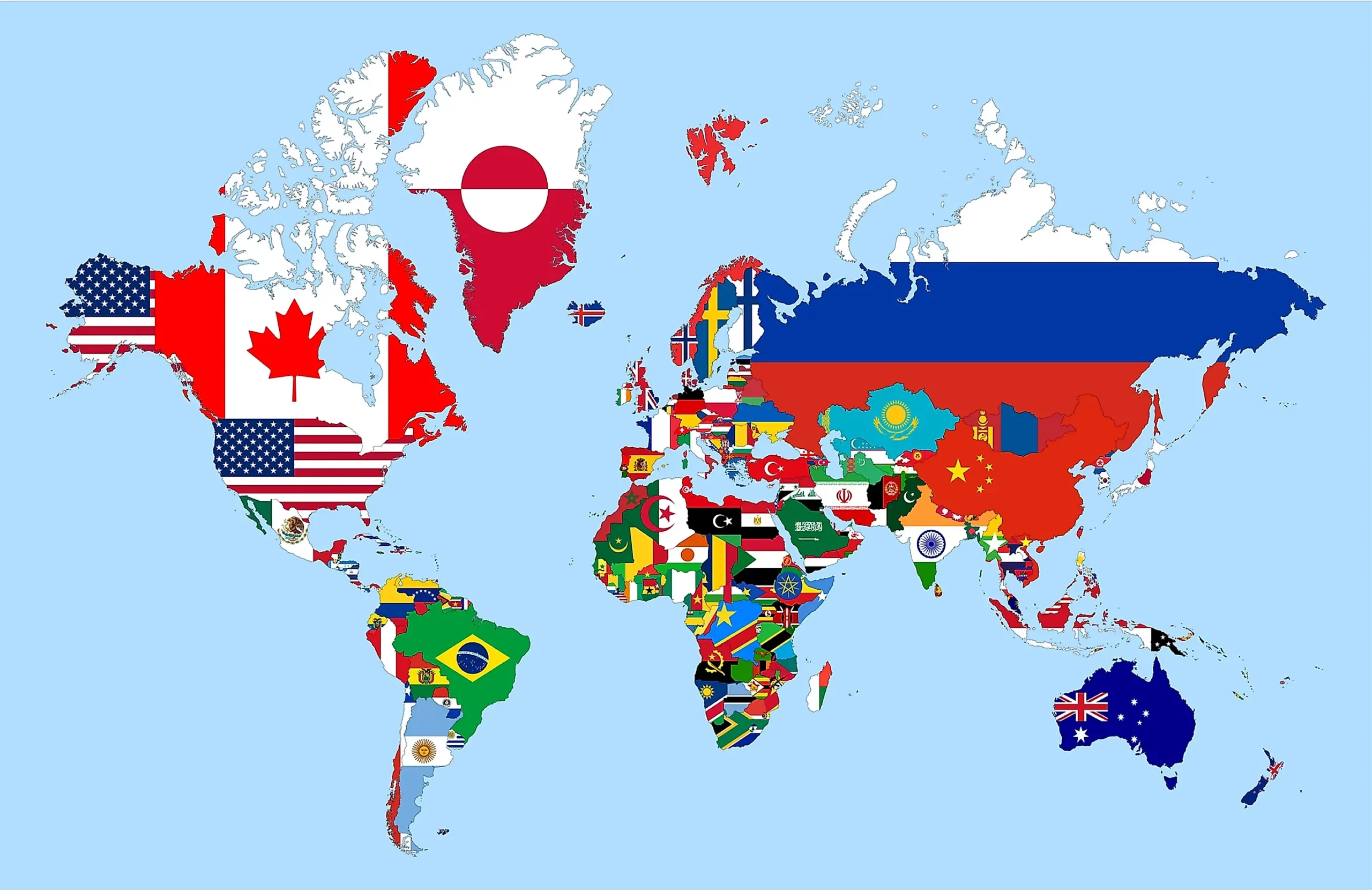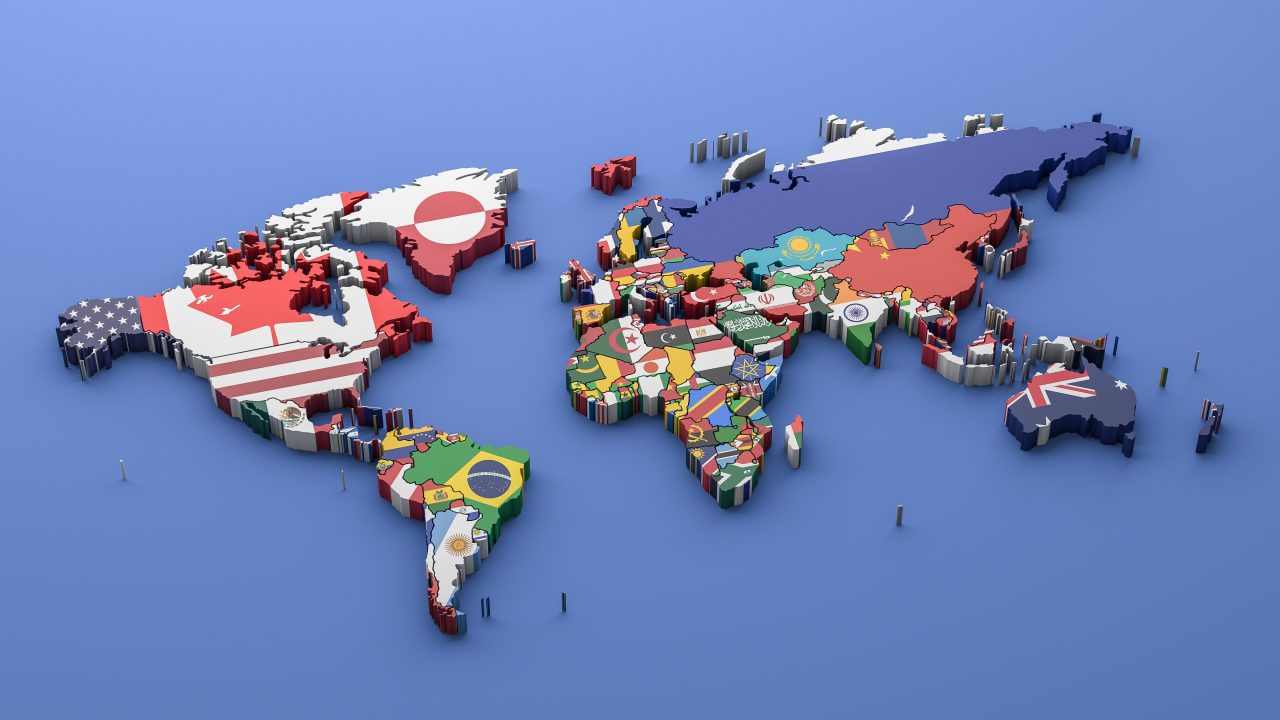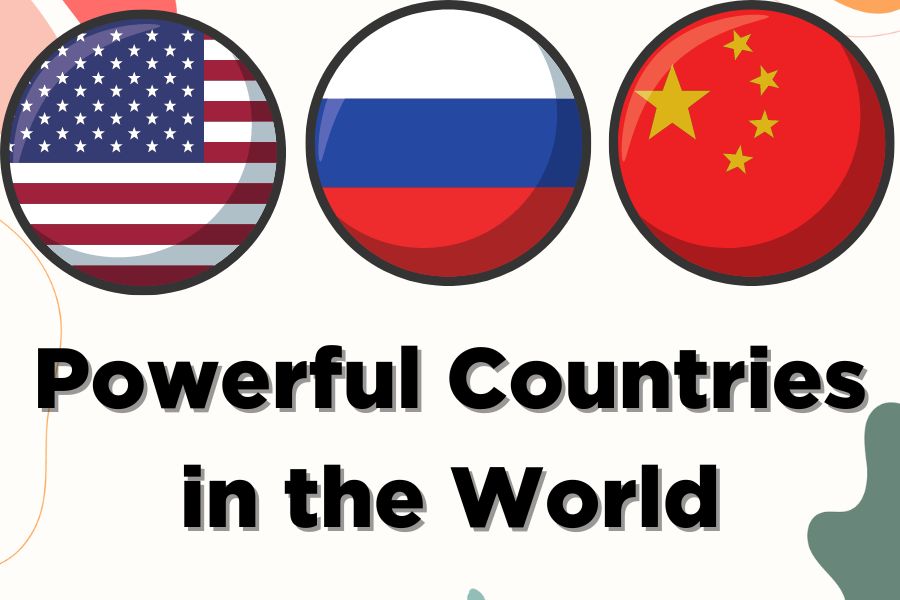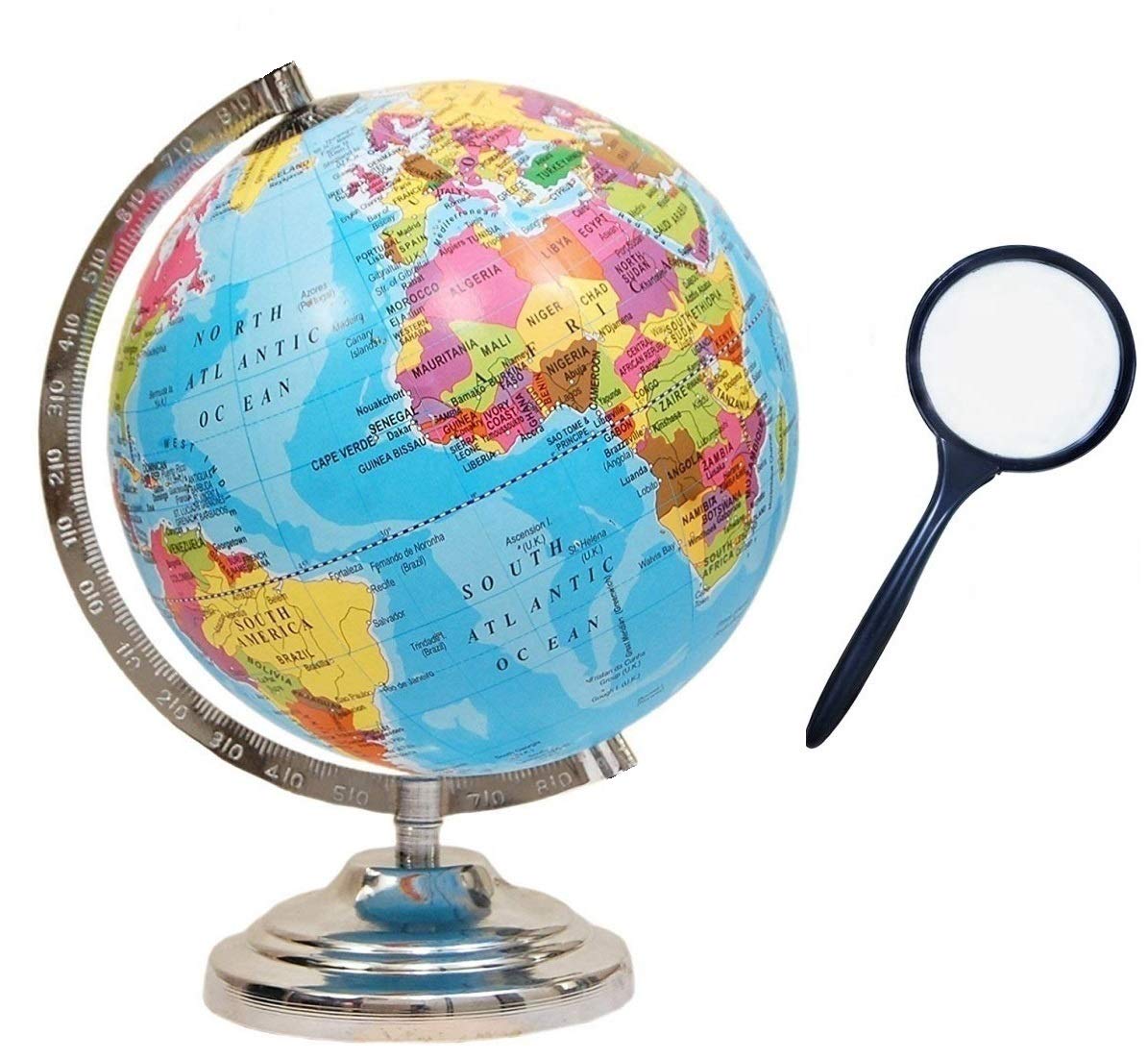Imagine a world map, each country color-coded according to a universal ranking system. Now, wouldn’t that be an interesting sight?
As you ponder this thought, let’s explore the concept of ranking all countries from worst to best. Some may argue that such rankings are purely subjective—you can’t really compare apples and oranges, can you?

Yet, every year, numerous organizations produce rankings based on various factors like economy, quality of life, and political stability. It’s a fascinating exercise, one that offers insights but also raises questions.
So, what makes a country top-ranked, and are those at the bottom really the ‘worst?’ Stay with us, and together, we’ll uncover the answers.
Key Takeaways
- Rankings of countries can be subjective and vary depending on personal experiences, making them potentially biased.
- Lowest ranked countries face economic, social, and political challenges, providing a compelling case study of decline.
- Mid-rank countries balance cultural authenticity with modern amenities but may face infrastructure challenges and have lower GDP per capita.
- Top-ranked countries strive to be the best in the world and are evaluated on quality of life, global influence, and cultural impact.
Evaluating the Ranking Criteria

When evaluating the criteria for country rankings, it’s crucial to remember that not all rankings are created equal, with some relying on personal experiences and others employing a mix of quantitative and qualitative metrics.
Your assessment of these rankings should consider individual biases, as every category is subject to change due to political events, economic shifts, and cultural influences.
Exploring the Lowest Ranked Countries

Having considered the potential biases and variables in country rankings, let’s now turn our attention to those nations that find themselves at the bottom of these lists.
Exploring the lowest ranked countries in ‘all countries ranked from worst to best’, you’ll discover complex issues.
These nations often struggle with economic, social, and political challenges, making their journey from ‘best to worst’ a compelling case study.
Mid-Rank Countries: Pros and Cons

Shifting our focus to mid-rank countries, it’s essential to consider both the advantages and disadvantages they present, encompassing a broad spectrum of experiences and challenges.
These countries often balance cultural authenticity with modern amenities improving the quality of life.
However, they may face infrastructure challenges and lower GDP per capita.
Top 10: Exceptional Countries

Let’s dive into the realm of the ‘Top 10: Exceptional Countries’, a list curated not just from statistical records and global surveys, but also enriched with personal experiences and historical reflections.
These countries, vying for the title of ‘best country in the world’, are evaluated on criteria such as quality of life, global influence, and cultural impact, providing a well-rounded view of what makes them exceptional.
Surprises and Unexpected Rankings

Now, you might find some of the country rankings surprising, as they don’t always align with popular assumptions or global stereotypes.
The surprises and unexpected rankings in ‘all countries ranked from worst to best’ often provoke thought and debate. That’s the beauty of these rankings; they challenge perceptions.
You’d be surprised to discover who holds the number one spot—it’s not always who you’d think!
Conclusion
In conclusion, ranking countries can be a fascinating endeavor. It’s intriguing to note that Switzerland has topped the U.S. News Best Countries Rankings since 2017. But remember, these rankings aren’t absolute. They’re shaped by factors like politics, culture, and economy.
So, whether you’re planning a trip or just curious, take these rankings with a grain of salt. They provide insights, but your personal experience might tell a different story.